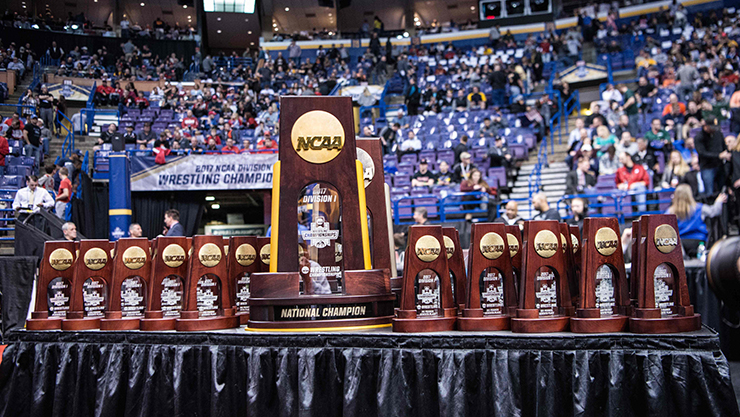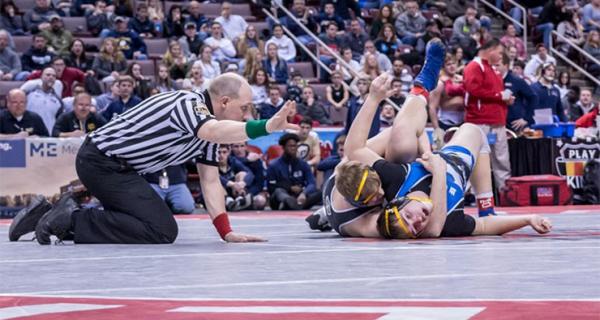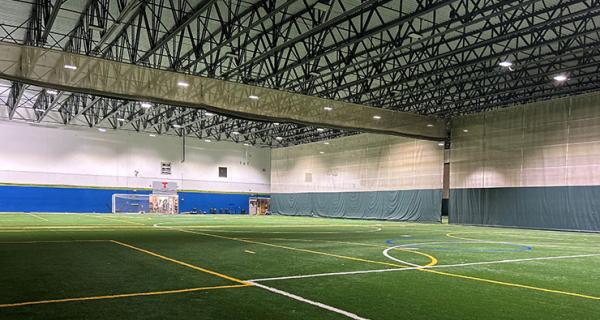How to Prep for the NCAA Bid Cycle
CVBs and sports commissions have a chance to score big with the next next NCAA bid cycle, which is launching in July.

Salem, Va., known as “Virginia’s Championship City,” has become a popular destination for hosting NCAA championships due to various reasons. With a track record of hosting 100 NCAA elite events, excellent facilities, easy accessibility via air and highways, accommodations, strong community support, scenic beauty, and attractions, it is the ideal destination for sports like football, soccer, softball, and more.
Carey Harveycutter and John Shaner are sports tourism legends who have contributed to its success. According to Russ Yurk, president of 129 Sports and the NCAA’s site selection partner, hosting 100 championships is no easy feat, and Salem has been able to accomplish it through its commitment to excellence.
As the NCAA’s most coveted bid cycle approaches this summer, more than 450 championship events across three divisions through the 2029-2030 school year will be available. One of Yurk’s key takeaways is that every city has the potential to be the next Salem, and it doesn’t need to be a Tier 1 destination to create a memorable experience for college athletes, fans, families, and officials.
To help cities prepare for the upcoming bid cycle, kicking off July 19, Yurk provides five tips.
Take inventory: What fields are ready to go? What’s in the pipeline? These events happen years in the future, giving cities time to finish ongoing projects that will be ideal for championships before the decade’s end.
Find your sweet spot. Not every destination can host the Final Four, but glitz and glamour aren’t a requirement for all events. “Sometimes, the requirements are quite modest,” says Yurk. One championship field, locker rooms, and facilities to take cover in case of a storm may be all the basics you need.
Do the numbers. Division I sports have the largest following, but the number of athletes and teams traveling is often the same as in the lower divisions. “In some cases, a swim meet in Division III, for instance, can be bigger than Division II,” says Yurk. The point is that the economic impact is the same regardless of division, so find your niche.
Connect the dots. The NCAA, like all organizations, is looking to streamline processes where possible. If your community is game to host multiple divisions in a single year, get your pitch ready. The more teams that visit mean more hotel rooms filled and more chances to earn repeat visitors. From the NCAA’s point of view, one site for multiple championships can add grander experience while cutting down on staff travel to different cities.
Think outside the box. Another trend the NCAA is keen on is creating experiences. What venues can you offer in lieu of a banquet hall? Get your list of local establishments and popular venues like Topgolf ready for your RFPs.
Hosting NCAA championships can bring various benefits to cities, from economic growth and job creation to community pride and improved infrastructure.
By following Yurk’s advice and preparing for the upcoming bid cycle, cities of all sizes can get in the game and potentially become the next “Virginia’s Championship City.”
Photo Courtesy of the NCAA








